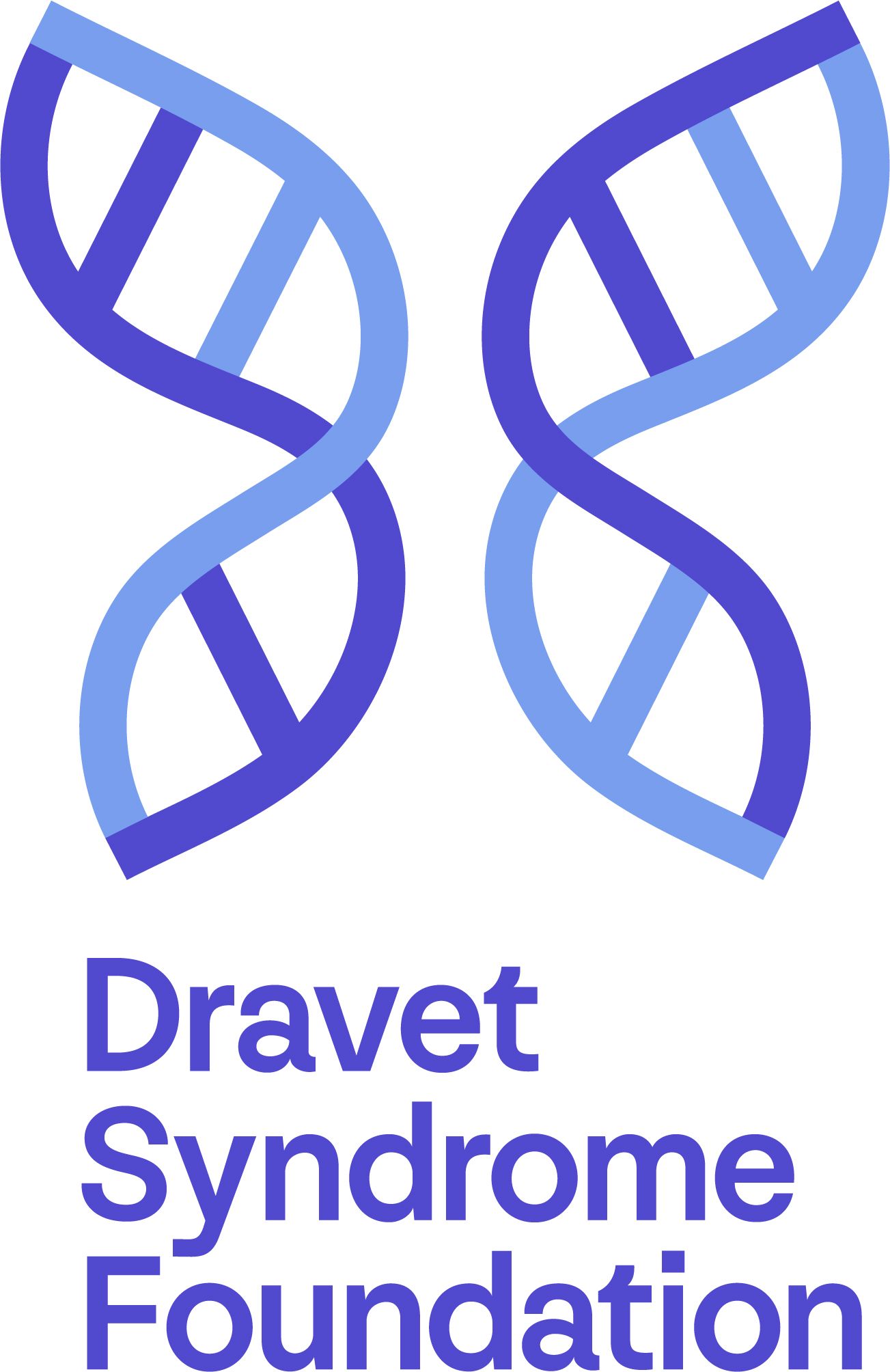
Shifting to a Holistic Approach to Treat Developmental Epileptic Encephalopathies

The medical director of the Epilepsy program at the University of Toronto discussed her presentation at AES 2021 regarding the need to change how clinicians view and treat patients with developmental epileptic encephalopathies.
Developmental epileptic encephalopathies (DEE) are a group of epilepsies that are characterized by both seizures, which tend to be drug-resistant, as well as encephalopathy, which is used to describe significant developmental delay or potentially loss of developmental skills. Most DEEs begin early in life, often starting in infancy, and can present with multiple different types of frequent and severe seizures.
At the
Andrade, who works as a professor of neurology and director of the Epilepsy Program at the University of Toronto, sat down with NeurologyLive® at AES 2021 to discuss her presentation and the motivation behind it. In the first half of our conversation, she provided insight on why these patients deserve a more holistic approach to care, and whether this type of thinking should be more widely implemented across other epilepsies.
NeurologyLive®: Can you discuss the motivation behind your presentation?
Danielle Andrade, MD, MSc, FRCPC: Firstly, we are seeing more and more patients with developmental and epileptic encephalopathy, or DEE, for short. Although they have severe epilepsy with a few similarities in the sense of drug-resistant seizures, they can be quite different from one another, especially based on their genetic etiology. With the availability of genetic testing, we are diagnosing more patients with DEE from all age spectrums. We need to understand better, what is this [disease]?
What challenges do patients with DEEs face that place DEEs among the most severe epilepsies?
This patient population starts to have seizures very early in life, often have several types of seizures, and have to go through several trials of medications. Quite often, the medications are not enough to control their seizures, sometimes they will have trials of ketogenic diets, and they can be investigated for surgical candidacy. Oftentimes they are not candidates for resective surgery, but they can have some form of neuromodulation, which is actually a palliative treatment. But all of that is a treatment for the seizures.
If you cannot control the seizures in a young brain that is developing, that can cause a lot of brain damage. These patients will end up with intellectual disabilities, motor disabilities, and sometimes autism spectrum. On top of that, some of the genes that cause these DEE epilepsies can also cause intellectual disabilities and autism by themselves. You have a complicated puzzle where you have brain insult from the seizures and brain dysfunction from the genetic abnormality. When they are young and small, most of what you’re seeing is the seizures.
We know that if we control the seizures better, there’s probably a better chance of having a better outcome. But it’s important to keep an eye on all the other aspects of these patients, which is why we propose moving from a seizure centric approach to a more holistic care. When these patients become adults and they leave the pediatric system, we see that many of them with have severe motor problems, gait problems, and gastrointestinal issues. They will have this all of their lives, but some of the things we see seem to have a cumulative effect as they get older. Even from childhood, they will have gastrointestinal problems, sleep problems, risks of cardiac arrhythmia, and of course, the risk of SUDEP [sudden unexplained death in epilepsy], which is there throughout their lives. It’s important to move away from this seizure centric to more global view of these patients.
Is trying to treat these patients from a more holistic view a general trend in the epilepsy field?
Yes, I think there’s other forms of epilepsy where we already see that. If you talk about temporal lobe epilepsy or frontal lobe epilepsy, you know these patients have significant anxiety and depression, or social outcomes. We already spent a lot of time and energy over the years trying to understand the other aspects of other forms of epilepsy. Not that we shouldn’t continue to do that, because we should, but within the DEE population, we have been focusing on seizures for so long because that’s the most immediate thing. If your patient is having 300 seizures a week, that’s your main priority.
But there are 2 things happening now. One is the realization that these patients will grow older and their manifestations will change over time. We are working on natural history studies to understand exactly what will happen to these patients as they get older. The other is the development of precision medicine. Instead of giving an antiseizure medication, you’re giving a treatment that corrects a molecular defect, which you expect to have a better outcome than just seizure improvement. Because we are in this day and age of implementing precision medicine, we need to have other outcomes to look at as well. It’s important to see for precision medicine to see that the treatment is not only working to control seizures, but affecting behavior, IQ, sleep, and other risks like SUDEP and cardiac arrhythmia that we see in these patients.
Transcript edited for clarity. For more coverage of AES 2021,
Newsletter
Keep your finger on the pulse of neurology—subscribe to NeurologyLive for expert interviews, new data, and breakthrough treatment updates.










